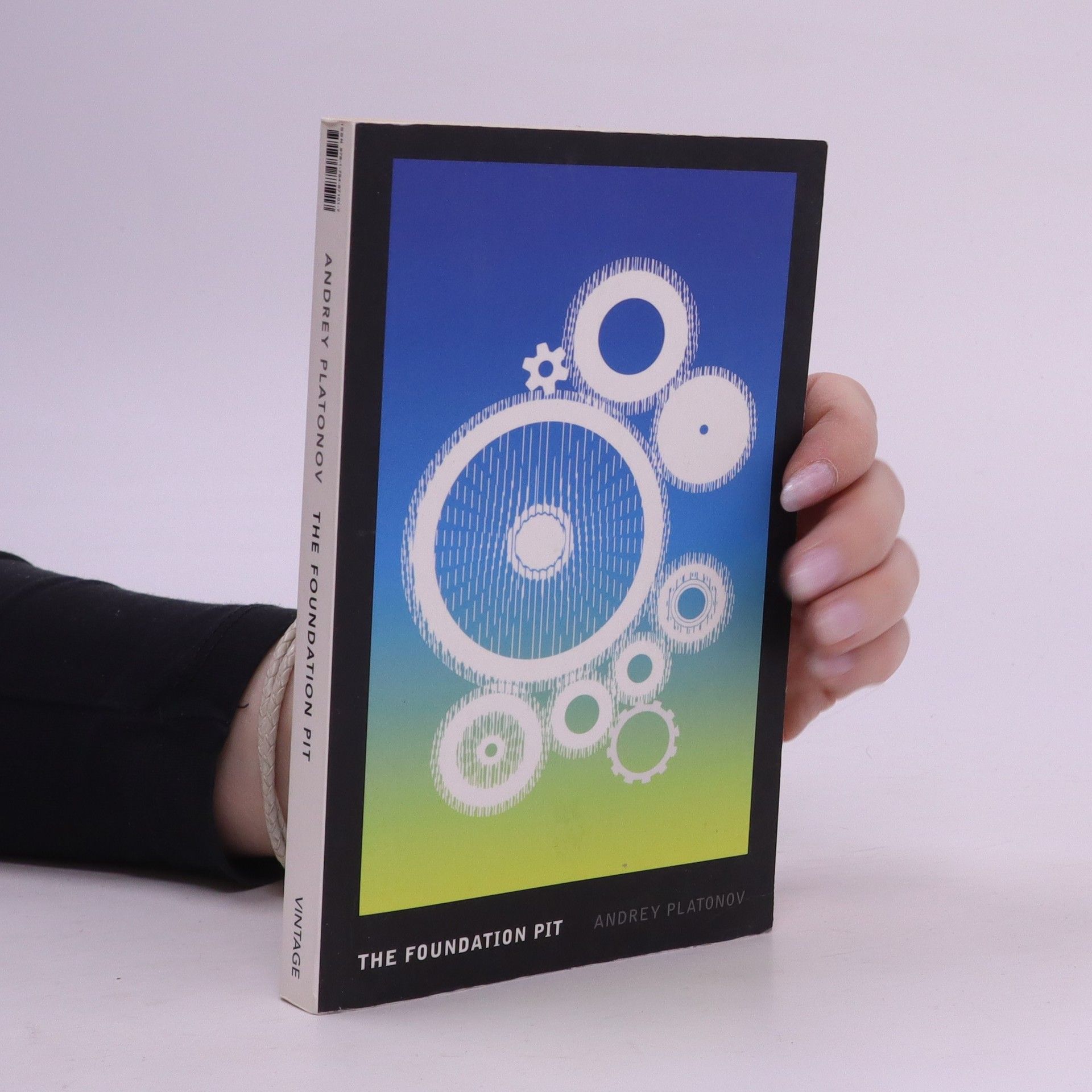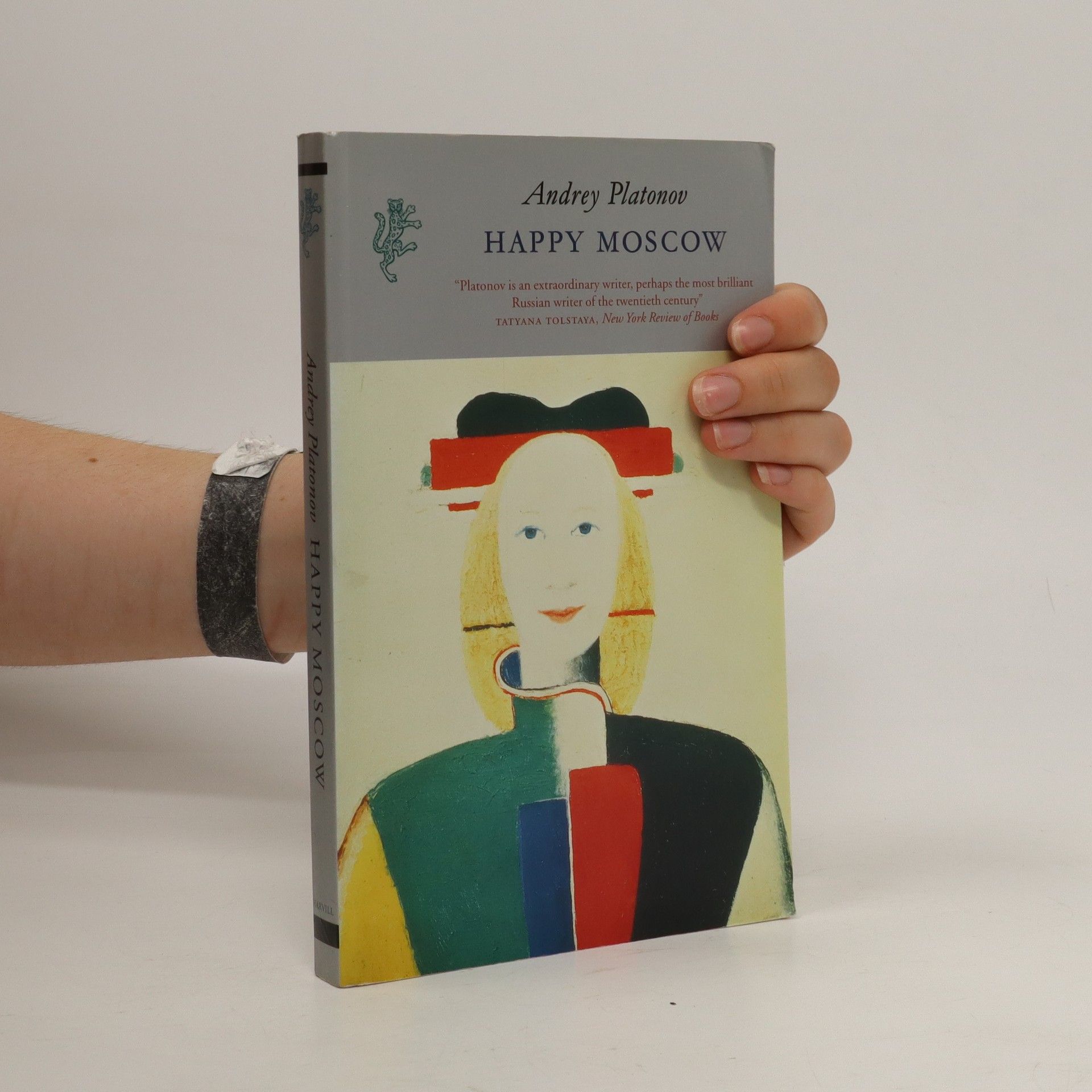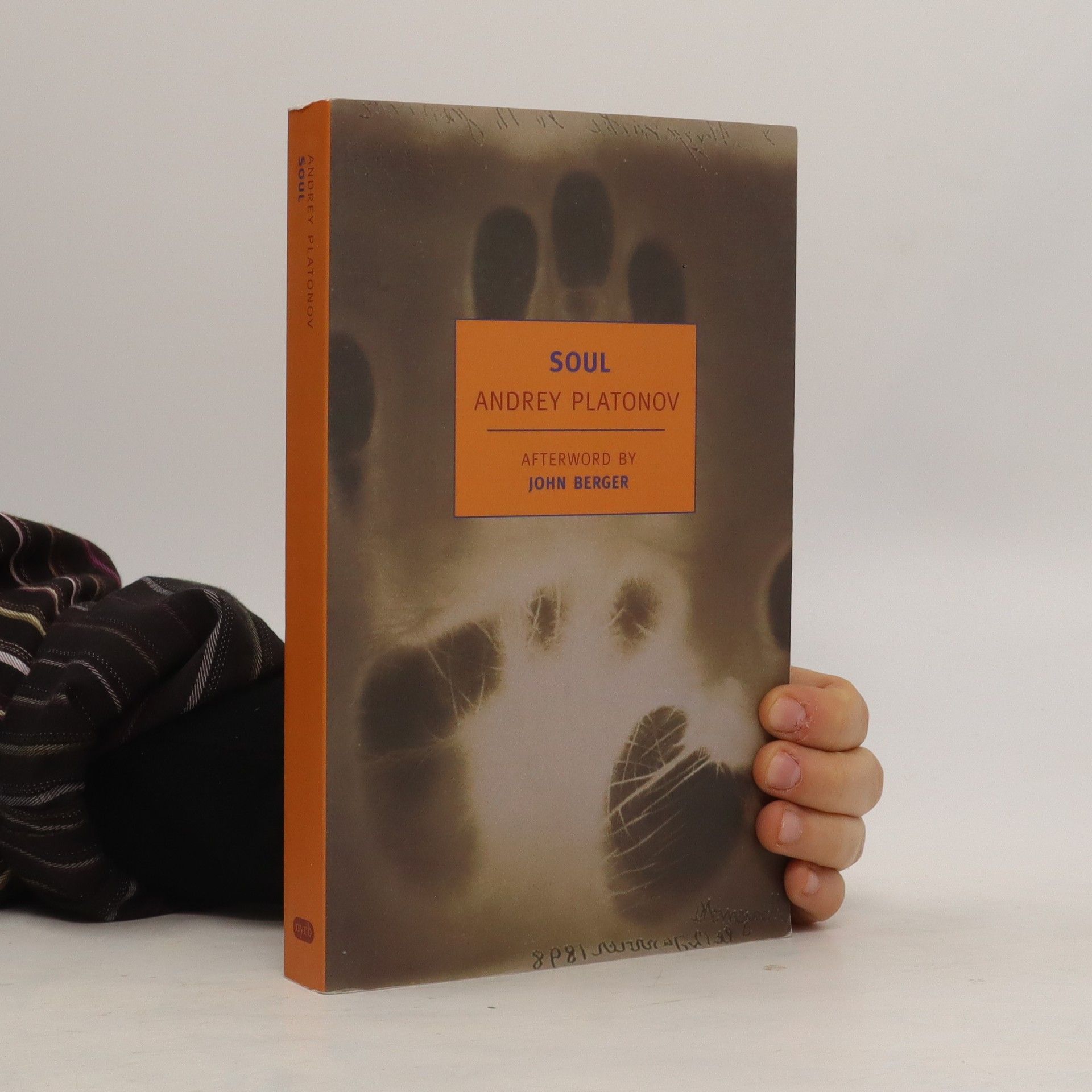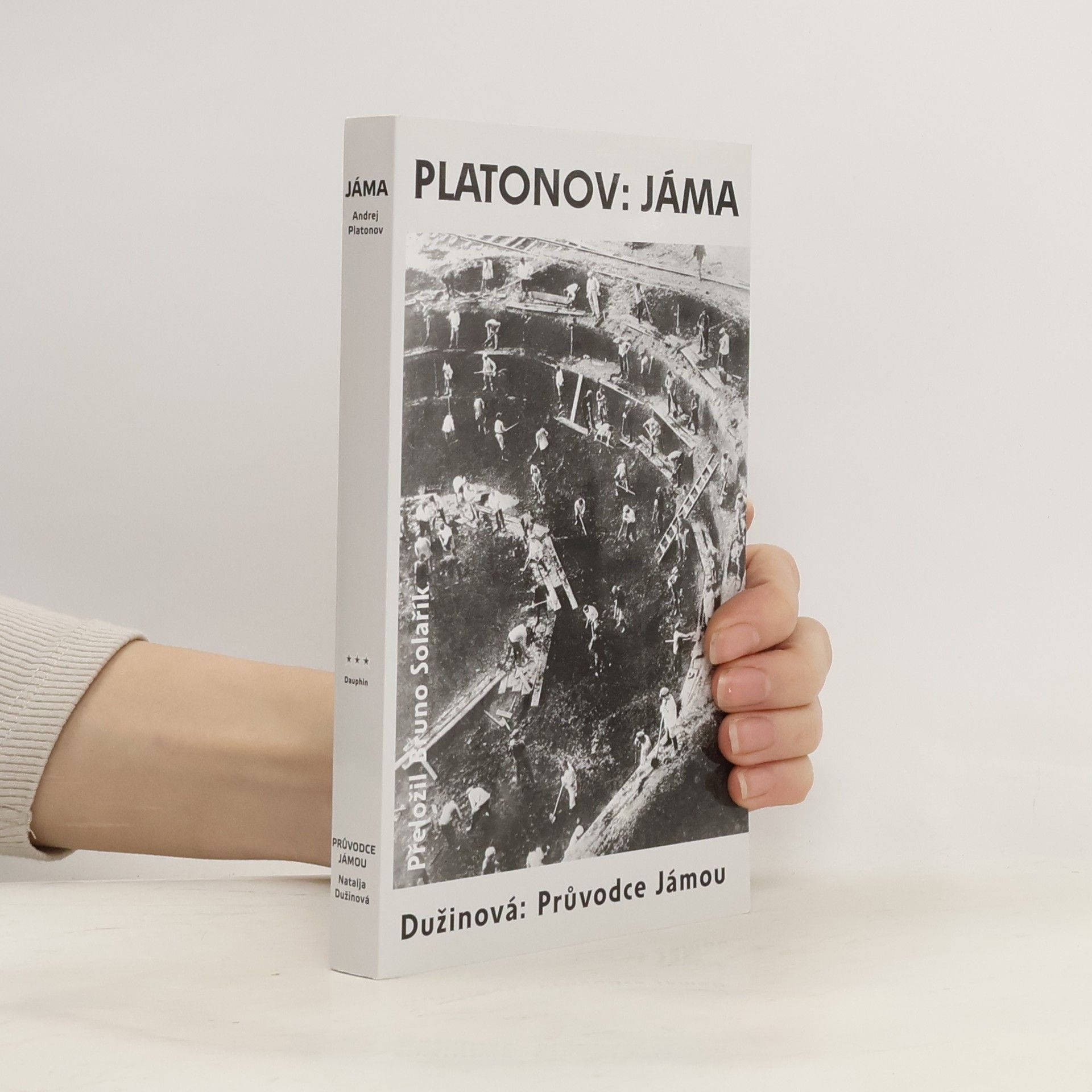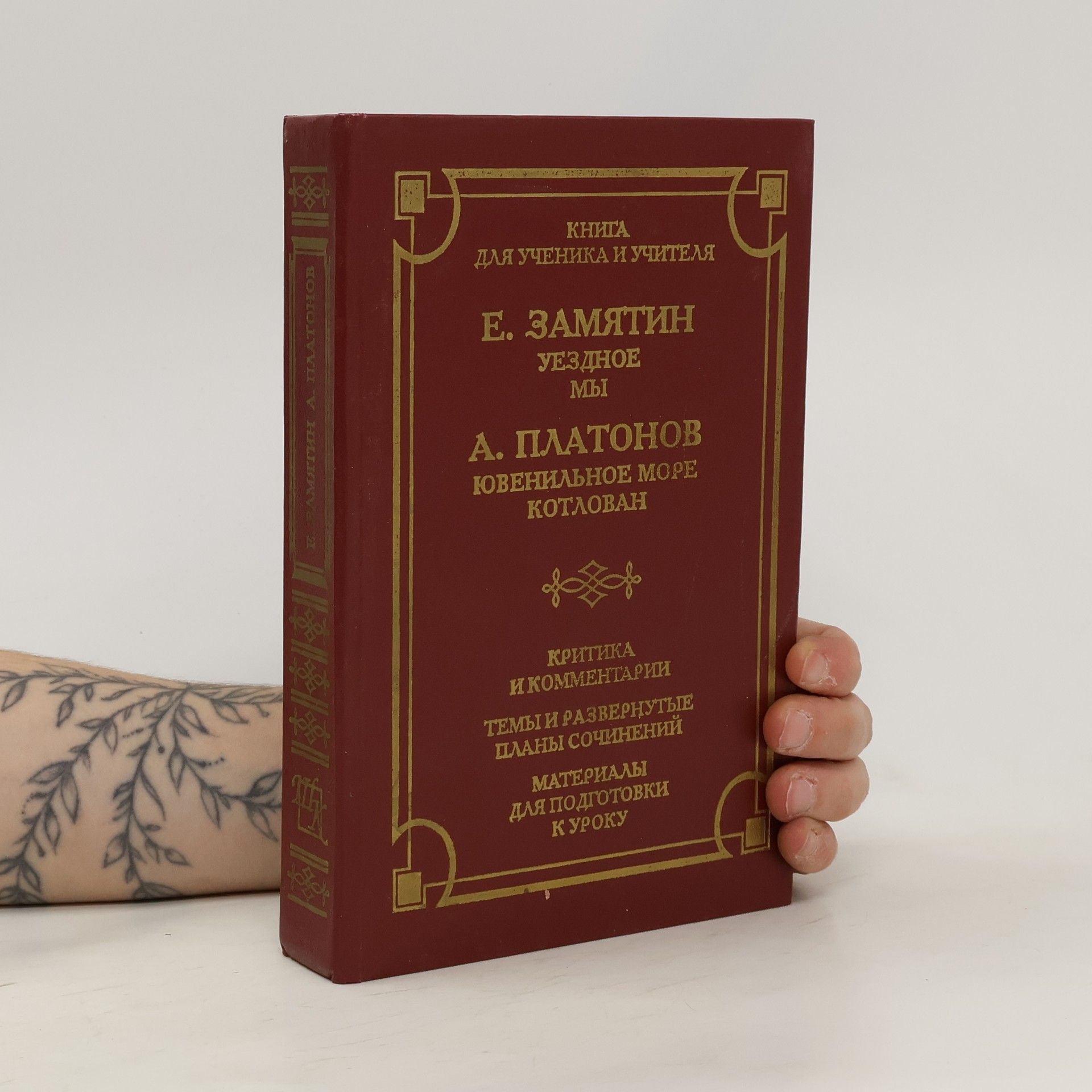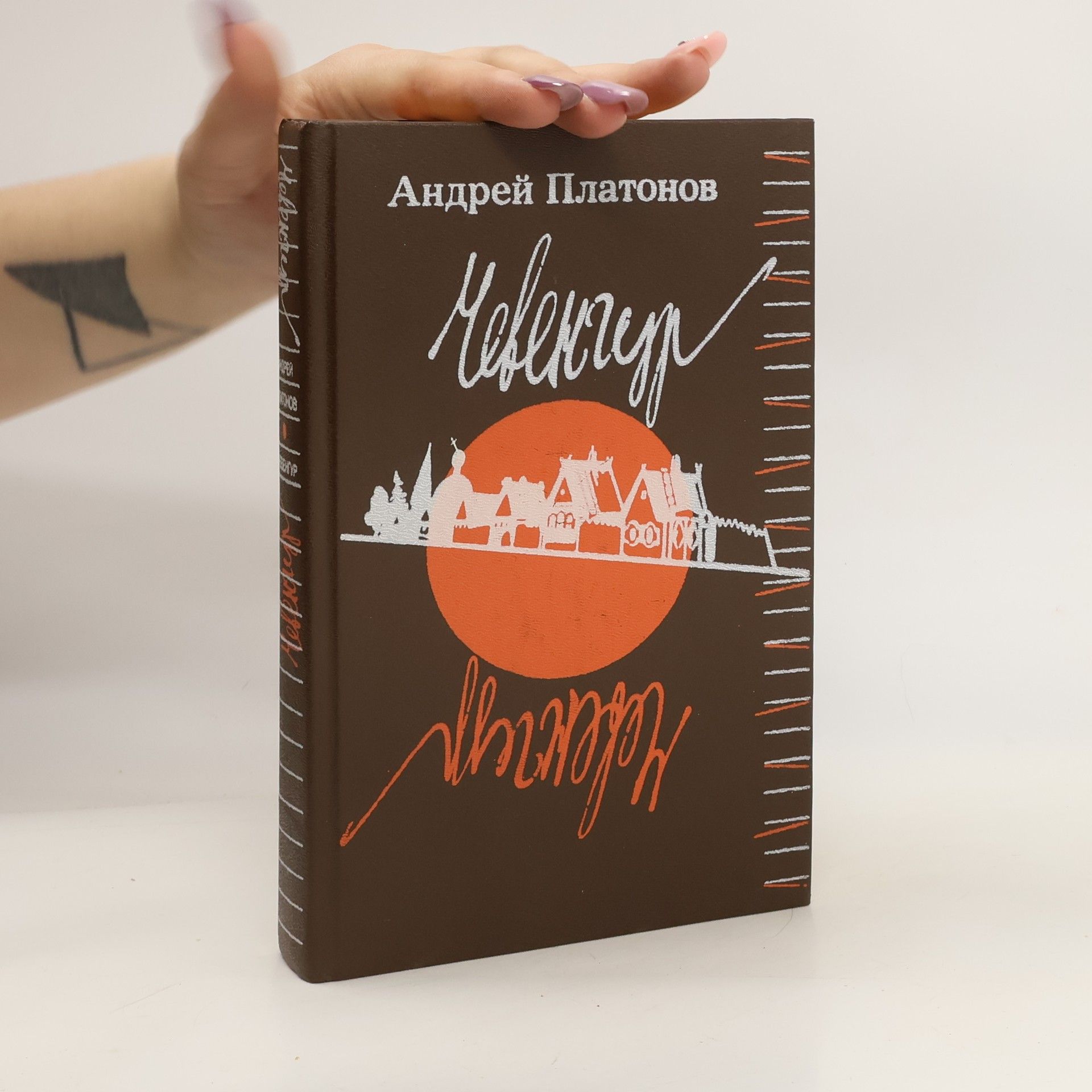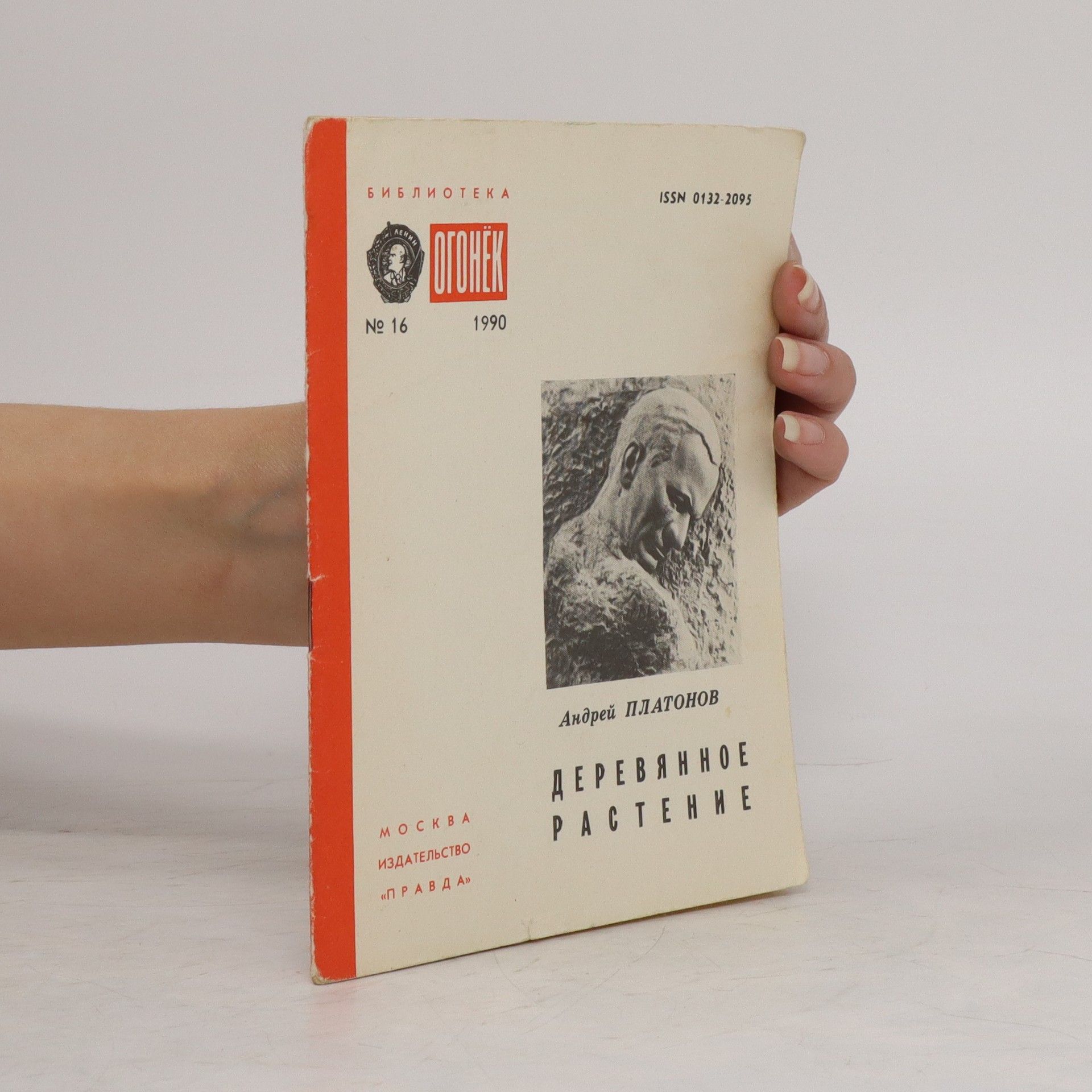Potudaň
- 216 pages
- 8 hours of reading
Malý výběr z povídek Andreje Platonova - zahrnuje pět povídek z let 1926-1936 – Formanská ves, Hliněný dům v okresním parku, Nezbadatelný člověk, Řeka Potudaň a Hnojný vítr. Nezbadatelný člověk (Sokrověnnyj čelověk ) je zčásti autobiografické vyprávění z dob ruské občanské války, v němž se střídá podání bezprostřední surovosti bojů s okamžiky až bájně dobrodružnými (plavba dobrovolníků na Krym). Formanská ves (Jamskaja sloboda) zachycuje autorovy vesnické vzpomínky z předrevolučního dětství. Hlavní postava reprezentuje typicky platonovský typ hrdiny, jímž je nejposlednější z posledních – prostoduchý nádeník bez ambicí a cílů. Hnojný vítr ukračuje do ciziny, do Německa těsně po Hitlerově nástupu k moci, ale při hrůzostrašném líčení nacistických zvěrstev jaksi na zapřenou pranýřuje sovětský hladomor z počátku třicátých let 20. století. Řeka Potudaň zastupuje autorovu tvorbu z třicátých let, kde předrevoluční dětství i občanská válka ustupují do dějinného pozadí ve prospěch doby po vítězství bolševiků. Budování mírového života v SSSR je však opět zcela po platonovsku podáno na příkladu nejprostších lidí, nevybavených znaky hrdinství, unavených dlouholetým utrpením a hledajících štěstí jen v nejzákladnějších prvcích lidské komunikace. I ta však z nedostatku zkušeností bezmála selhává, než se nakonec jakoby zázrakem – na pozadí tajuplné řeky coby svědkyně – zdvihne z popela.



